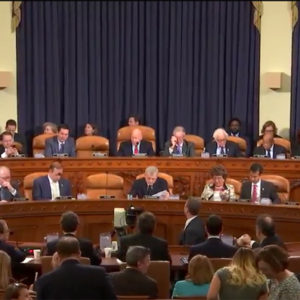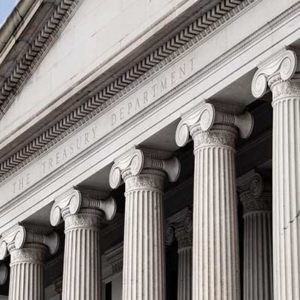
World Leaders Gathered for Another Paris Agreement, and the U.S. Was Noticeably Absent
Tell me if you’ve heard this before: Nations from around the world gathered in Paris to sign a multilateral agreement that had been negotiated over several years with the U.S. as a leading partner. In the end, the U.S. was conspicuously absent from the ceremony and did not sign onto the final agreement.
I, of course, am referring to an effort to combat aggressive corporate tax avoidance and address the wealth-draining concerns over the growth of tax havens. See FACT’s statement on the event. The agreement was a part of the multilateral initiative on Base Erosion and Profit Shifting (BEPS) negotiated through the Organization for Economic Cooperation and Development (OECD). Over seventy countries moved forward with an agreement to combat tax avoidance by amending bilateral tax treaties.






